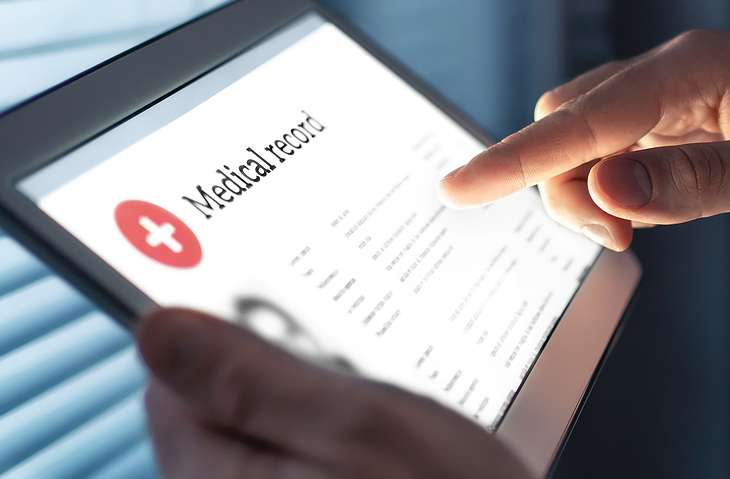Medical Records & Health Information
Medical Records & Health Information

Course Overview
The Medical Records & Health Information course prepares learners with the skills and knowledge needed to manage patient records, organize health data, and ensure the accuracy, security, and accessibility of medical information. Students learn how to work with paper-based and electronic health records (EHRs), apply medical terminology, and comply with confidentiality and healthcare regulations. This course blends theory, practical training, and technology use to equip learners for roles in hospitals, clinics, and health information departments.
Course Objectives
By the end of this course, learners will be able to:
Create, organize, and maintain accurate patient records.
Understand and use medical terminology and classifications.
Apply healthcare privacy, confidentiality, and ethical standards.
Use Electronic Health Record (EHR) systems and other health information software.
Collect, analyze, and report health data for decision-making.
Support billing, coding, and insurance documentation processes.
Communicate effectively with healthcare providers and patients.

Who Should Enroll?
This program is ideal for:
Individuals interested in healthcare administration and record-keeping.
Students seeking entry-level roles in health information management.
Healthcare workers (nurses, assistants, office staff) expanding their skills.
Those planning to pursue careers in medical coding, health informatics, or hospital administration.
Course Modules
1. Introduction to Health Information Management
Overview of medical records and information systems
Roles of medical record officers and health information technicians
2. Medical Terminology & Anatomy Basics
Understanding key medical terms
Linking anatomy and health conditions with record systems
3. Health Records Management
Paper-based vs. electronic health records (EHR)
Filing, indexing, and archiving methods
4. Healthcare Data Standards & Classification
ICD coding systems (diagnoses, procedures)
Organizing information for accurate documentation
5. Legal & Ethical Issues in Health Information
Patient privacy and confidentiality (HIPAA or local equivalents)
Ethical handling of sensitive data
6. Health Information Technology
Electronic Health Record (EHR) software applications
Data entry, security, and digital record-keeping
7. Data Collection, Analysis & Reporting
Generating health statistics and reports
Supporting healthcare planning and decision-making
8. Practical Training
Hands-on experience with record systems
Case studies and simulated hospital record management
Learning Methods
- Classroom instruction and workshops
- Computer-based training (EHR systems)
- Case studies and real-world scenarios
- Practical assignments and field experience
Assessment & Certification
- Continuous assessments (tests, projects, practicals)
- Final examination and record-keeping project
- Successful participants earn a Certificate in Medical Records & Health Information
Career Opportunities
Graduates can work in:
Hospitals and Clinics (medical records departments)
Health Information Management Units
Diagnostic and Research Centers
Insurance Companies and HMOs
Public Health Agencies
Advanced studies may lead to careers in Medical Coding, Health Informatics, Data Analysis, or Hospital Administration.
Duration & Requirements
Duration: 6 – 12 months (depending on program structure)
Requirements: Minimum secondary school education, computer literacy, attention to detail, and strong communication skills.

